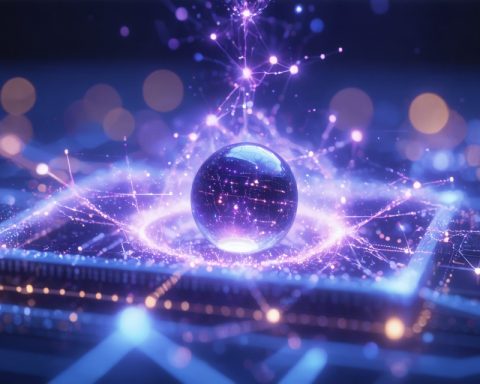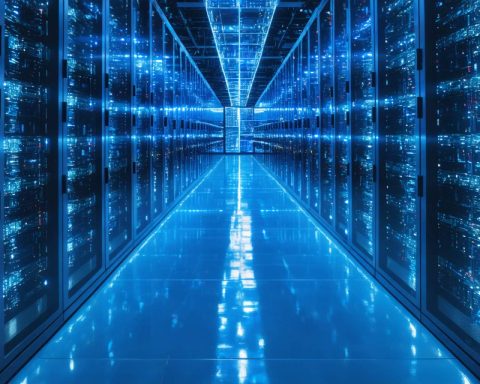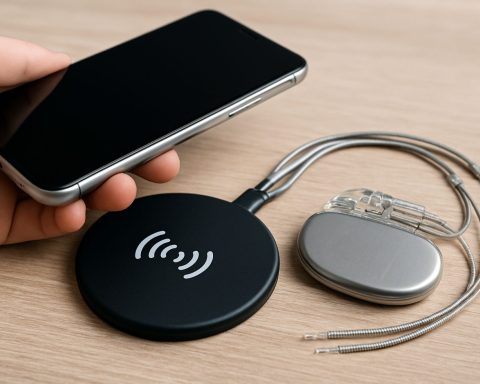Quantum Error Correction
Quantum Error Correction is a set of techniques in quantum computing designed to protect quantum information from errors due to decoherence and quantum noise. Unlike classical error correction, which typically relies on redundancy of bits, quantum error correction leverages the principles of quantum mechanics, such as superposition and entanglement.In a quantum system, errors can occur in various forms, including bit flips (changing a qubit from 0 to 1 or vice versa) and phase flips (altering the quantum phase of a qubit). Quantum error correction schemes encode quantum information across multiple physical qubits, creating a logical qubit that is more robust against errors. This encoding allows the system to detect and correct errors without directly measuring the quantum state, which would collapse it.The most notable quantum error correction codes include the Shor code and the surface code, which require a certain number of physical qubits to represent a single logical qubit, thus increasing the complexity but improving resilience to errors. Overall, quantum error correction is essential for scaling up quantum computers and ensuring the reliable operation of quantum algorithms and applications.

















